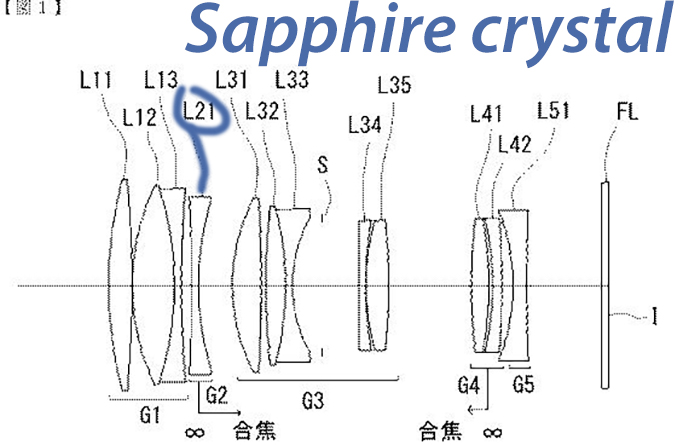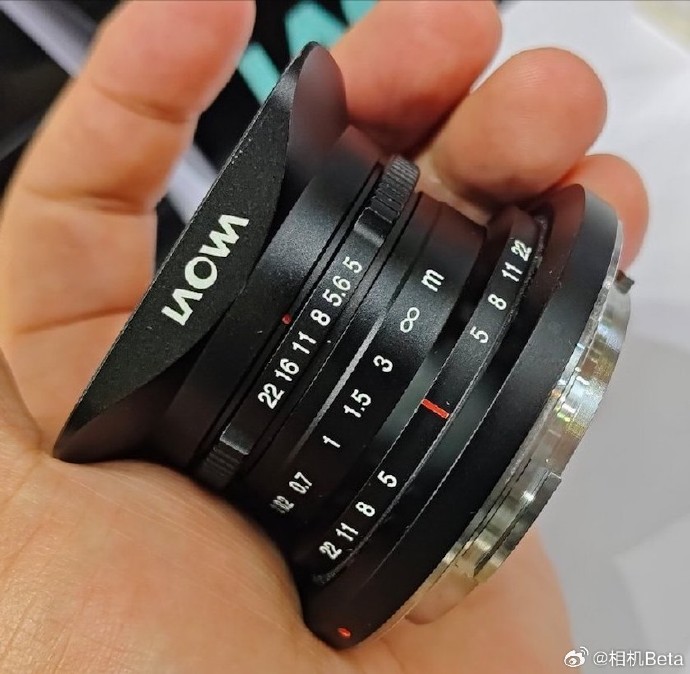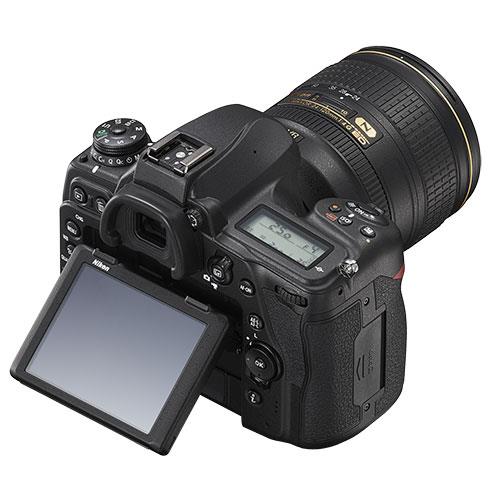
Tomorrow Nikon will announce a bunch of new products:
D780
・The Nikon D780 is a high-performance full-frame DSLR aimed at both creative photographers and videographers.
・F-mount lenses. 24.5 MP full-frame CMOS sensor. EXPEED 6 image processor. The same 180K-pixel RGB sensor and Advanced Scene Recognition system as the D850.
・The 51-point Phase-Detection AF system is sensitive down to -3 EV. You get flagship tracking capabilities and quick switching between advanced AF modes.
・The 273-point Hybrid-AF system is sensitive down to -4 EV, or down to -6 EV in Low-Light AF.1 Eye-Detection AF is available when shooting stills.
・Shoot at up to 7 fps with AF/AE, or up to 12 fps in Silent Live View Photography mode. Users get full resolution images, even when shooting in RAW.
・The D780 boasts a wider ISO range than the acclaimed D850. Work with ISO 100–51200, extendable up to 204800 and down to ISO 50.
・Shoot ultra-high-resolution 4K/UHD footage at 30p/25p/24p with zero crop factor. Record in N-Log or capture rich Hybrid Log Gamma (HLG) footage.
・The 0.70x optical viewfinder gives a wide field of view and 100% coverage. The tilting 2359k-dot LCD monitor offers touch shutter release and AF.
・In-camera time-lapse. 2 MP stills at a blazing 120 fps. In-camera digitising menu. And more.
・The camera’s high-speed data-transfer capabilities and wireless connectivity make it easy to get images out there. And SnapBridge lets users share JPEGs and RAW files with any smart device.
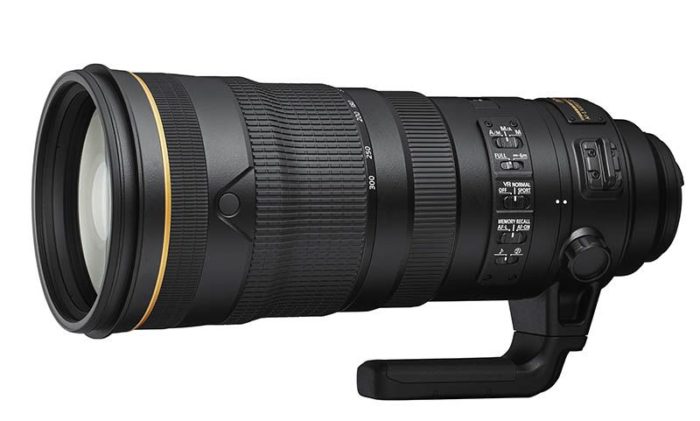
AF-S NIKKOR 120-300mm f/2.8E FL ED SR VR
・Covers the versatile 120–300 mm focal length range with a constant f/2.8 maximum aperture.
・Performance equivalent to a prime lens keeps pace with fast-moving or erratic subjects. An electromagnetic diaphragm ensures precise exposures at high frame rates.
・25 elements in 19 groups, with Nikon’s ED glass and SR glass as well as ARNEO and Nano Crystal coatings.
・Nikon’s new SR glass, as well as ED glass to combat chromatic aberration. As a result, colour fringing is greatly reduced, and harder-to-control blue light (short wavelength spectrum) is thoroughly compensated for. Images are sharper than ever before and contrast is exceptional.
・Nikon’s Vibration Reduction (VR) gives you a four-stop advantage, even with a teleconverter activated.
・Assignable function buttons, smooth switching between horizontal and vertical orientations, and more.
・Faces the front of the lens for optimum balance and more comfortable transportation.
・Solid construction and extensive sealing readies this lens for trackside conditions in any weather.
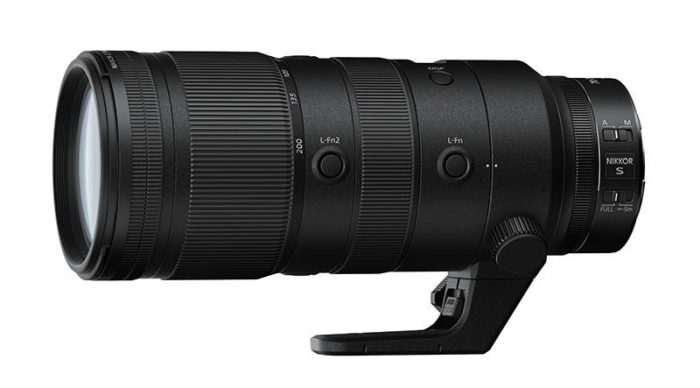
NIKKOR Z 70–200mm f/2.8 VR S
・Covers the versatile 70–200 mm focal range with a constant f/2.8 maximum aperture.
・Sharpness and contrast are exceptional throughout the frame. Focusing is smooth, fast, and silent.
・21 elements in 18 groups, with Nikon’s ED glass and SR glass as well as anti-reflective ARNEO and Nano Crystal coatings. Chromatic aberration, coma, ghosting, and flare are thoroughly countered.
・Focus breathing is all but eliminated, and stable aperture control delivers natural exposure changes throughout the scene.
・Quickly confirm aperture, focus distance, exact focal length, ISO, and depth of field right on the lens.
・Assign as many as 21 different functions to the lens’ Fn button, from AF lock to metering,
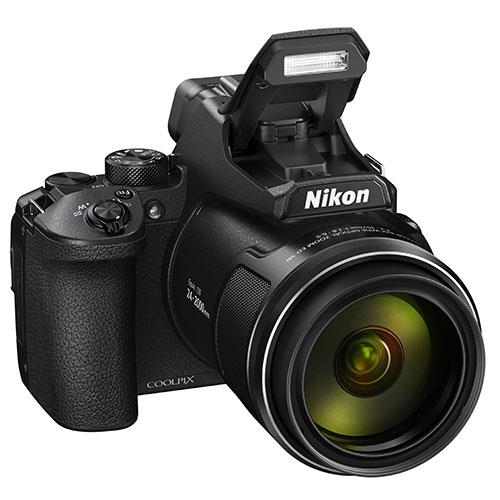
Coolpix P950
・16 Megapixel backlit CMOS sensor, fast EXPEED image processor, and Dual Detect Optical Vibration Reduction.
・83x optical zoom (24–2000 mm) and 166x Dynamic Fine Zoom (4000 mm)
・With f/2.8 maximum aperture and Super ED glass to help reduce distortion at high zoom.
・Save and export uncompressed RAW (NRW) images to processing/editing programs.
・Easily record stereo 4K/UHD 30p footage, or Full HD (1080p) video at frame rates of up to 60p. Record in stereo sound and manually adjust key exposure settings while filming.
・Record time-lapse movies of approx. 10 seconds duration, which play back at 25 fps or 30 fps.
・Twice as large 0.39 inch 2360k-dot OLED electronic viewfinder with eye-sensor.
・LCD monitor Bright and larger 3.2 inch 921k-dot LCD monitor can be tilted and twisted in almost any direction.
・The large grip, side dial for auto focus, side zoom control, and snap-back zoom button ensure steady handling.
・Sync photos to your smart device or use the smart device to shoot remotely, even for RAW files.
・Mount Nikon accessories like Speedlights and mics. Or try Nikon’s DF-M1 Dot Sight, a foldable scope that helps track even fast-flying birds.
・Connectivity. Connect using Wifi, USB and Bluetooth.
・Nikon’s SnapBridge app for iOS and Android must be installed on a compatible smart device before SnapBridge can be used with this camera.
via Nokishita
